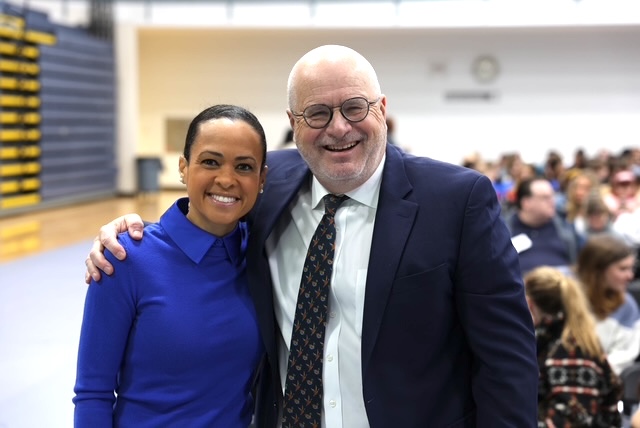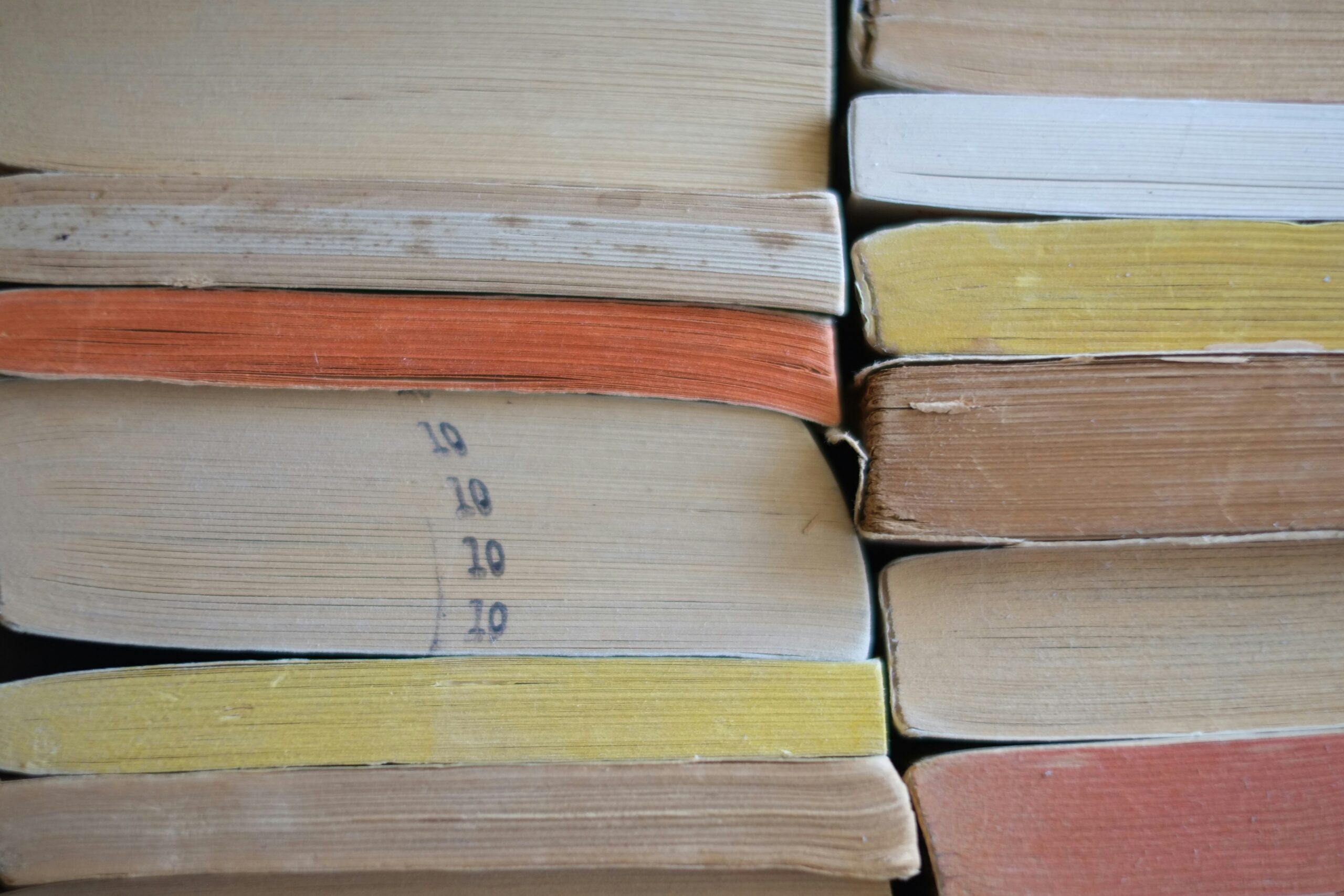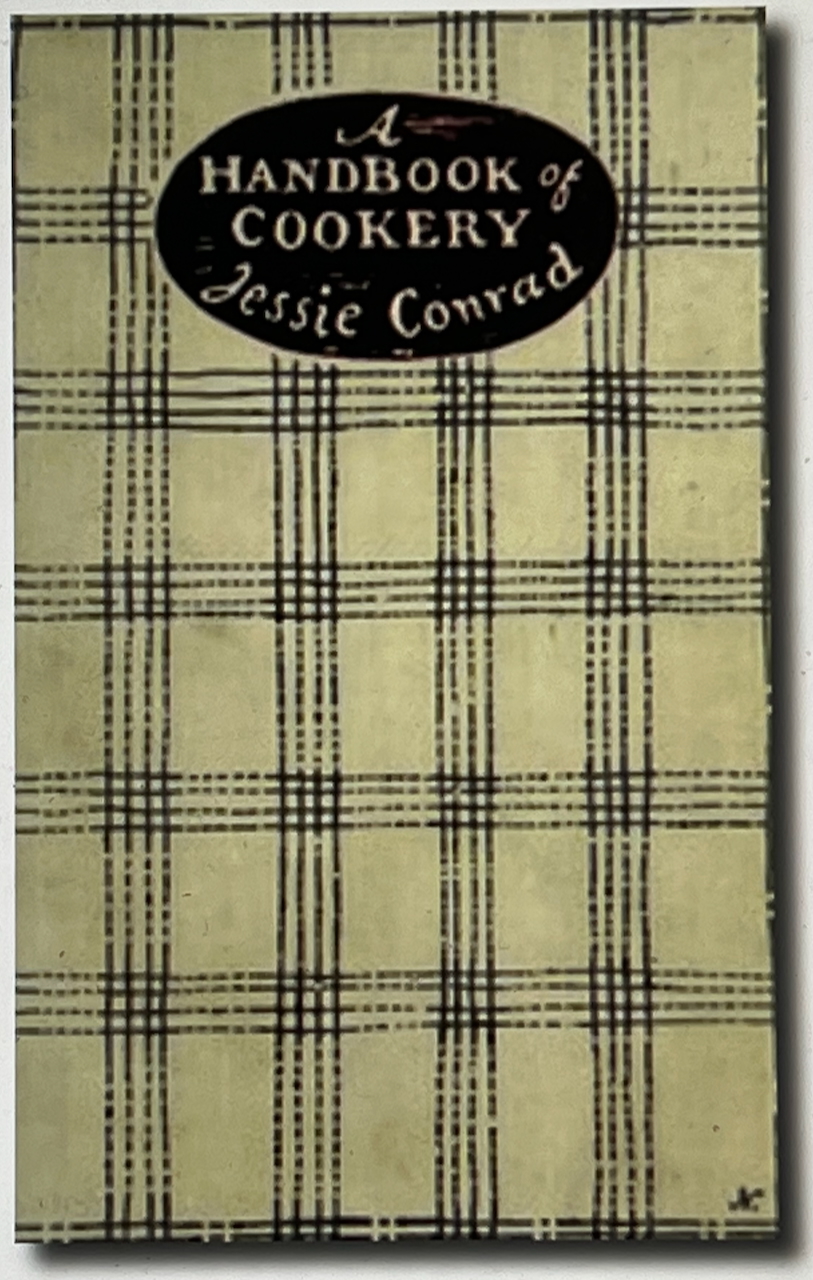A Shaky Resolution
January 13, 2020

When a text popped up from my oldest, dearest friend, I cringed. We had made a pact to hold each other accountable. My New Year’s resolution was to learn to like healthier foods (read: lose twenty pounds), and hers was to exercise more. No doubt she was now checking in to tell me how she had pressed weights or swum laps or leaped tall buildings. Me, I spent the first two weeks of 2020 polishing off chips and dip and Champagne and camembert and chocolate cake, leftovers from the holiday feasting, in order to cleanse the house of such toxins. God forbid we waste food, and you cannot hand a food pantry half a canister of Pringles.
“What year are we starting?” Jo’s text read, and my shoulders dropped in relief. “2024,” I texted back. Our pact was an effort to make our resolutions stick, but in truth, I am tired of this New Year’s game. Everywhere I turn, people are quizzing each other about their resolutions. The media are giving tips (“the 2020 candidates’ resolutions”; “dry January”; “celebrating your resolutions”; “forming new habits”; “healthy comfort food”). Oh, and the “killer” workout that landed somebody in the hospital. The whole country is bent on self-help, never anything altruistic or civic or tender.
You could argue that this is more positive than the age-old religious practice of giving things up, tithing one’s pleasures. But I am thoroughly sick of feeling alternately virtuous or naughty instead of simply living. Also, I am bored with my resolutions, because they all boil down, one way or another, to losing the same twenty pounds I have needed to lose for quite a few new years, and a doctor’s-office weigh-in would be a far better prompt (if I could bring myself to go). Why, instead, do I waste each new year’s fresh slate, that miraculous sense of hope and possibility, the erasure of the previous year’s pain and drudgery, on something so mundane? It is as though a genie appeared and offered me three wishes and I exclaimed, “Lose twenty pounds and keep it off,” so alight with anticipation that I even forgot my third wish. World peace? A billion dollars? A trip around the world? Too late.
Next year, I intend (another resolution) to take the advice of Dr. Tim Bono, a lecturer in psychological and brain sciences at Washington University, who points out that spring is a far more logical and hopeful time to make resolutions than bleak, flu-ridden January. Even better, I am going to make different resolutions. To laugh more easily, even at what scares me. To go outside when I feel frazzled, and sit under a tree, and think. To jump into a taxi and say, “Follow that car!”
Oh, dear. This is starting to sound a little like the red and purple ladies. But, yeah, the spirit is the same. I want to move toward the sort of awareness Ross Gay lit in his Book of Delights. Joy is the best motivation of all. Not vanity. Not some Calvinist promise of salvation.
And definitely not force of will.
“We believe as if we wanted to enough, we’d exert enough willpower and we’d make it happen,” USC psychology professor Wendy Wood told National Public Radio’s Shankar Vedantam. “Will power is not at play here…. people who are high achievers, who we think of as having good willpower, good self-control, they didn’t actually experience many temptations. They weren’t conflicted.”
So instead of trying to power through this, I need to understand why I am conflicted. Why all the skirmishes in this internal civil war, until I grow weary of the battle and stumble into a ditch—or a foxhole?
Seems obvious. I like the taste of creamy, cheesy, spicy, rich foods far more than I like broccoli. I hate to feel like my head is a balloon and rats are gnawing on my stomach lining. Food is a gold star from the cosmos, a guaranteed sensory pleasure. It distracts me from angst and soothes me through deadline stress. It is something I share to feel festive. It is a treat I often feel, justifiably or not, I deserve.
Analysis done, I lean back, pleased—but the silence quivers. I am not finished, and the universe knows it. So I drop to the next level, the real one: I work a lot. Most days, I enjoy it more than I enjoy vegging out. But what that means is that unless I am with my husband or friends for some scheduled fun, I am nearly always “on.” Left to my own devices, I chug along on writing projects or gather up research snippets or read books that might help. It is deeply satisfying but also abstract and disembodied, and it does not offer that luxurious sense of letting go, honoring the body’s need to do nothing at all, or to sink into some silly, idle pleasure. So food has become my way of telling my body, “You are not forgotten.”
Dead silence, a stern nod from the universe. I am now free to plan my new resolutions.
Except that I already know what will happen. Why am I not as silly and carefree as I would like to be? See above. Why do I burrow into stress instead of going outside and sitting under a tree? Ah, the circle closes: because I choose work. And why choose it so obsessively? Fear of going broke. Fear of wasting my short life. A need to justify taking up space on the planet. Habit.
Here is the hard part: What forged that habit? The answer comes in a rush: I felt sorry for my widowed mother and it was all I could give her. And now she is gone, but I cannot figure out how to slack off.
Nor, I think defensively, can the rest of the country—a lot of us work too hard, or at least pretend to. Who uses all their vacation days? I once asked to interview a highly accomplished scientist in Denmark. She said she would be away from the city for her usual eight weeks of restorative leave but promised to call me. When she did, she was walking along a country lane eating an ice cream cone. I felt a pang of pure jealousy. But did I blow off work and go get ice cream? Nope.
And now that I have admitted all this—the childhood never outgrown, the capitulation to culture, the visceral panic of being skilled in a dying trade in an economy that could tank at any point—there is one more question. Why do I have to wait until next year to resolve to cut myself loose?







